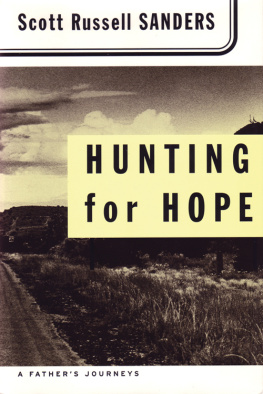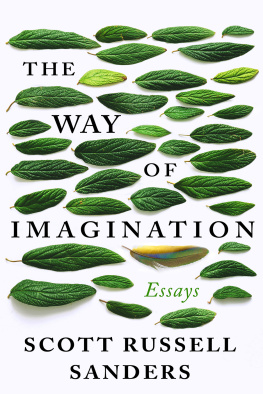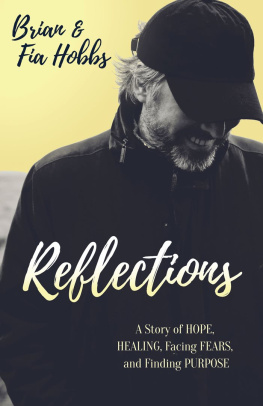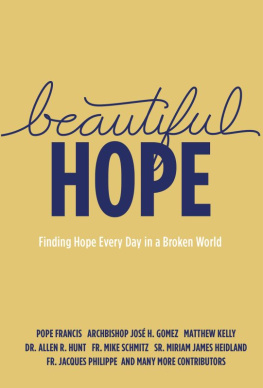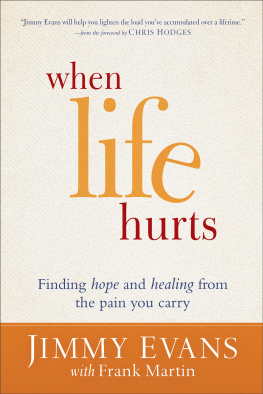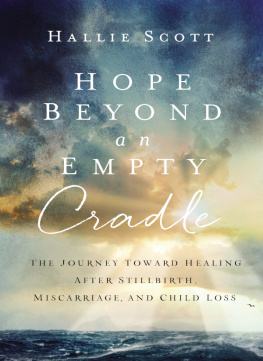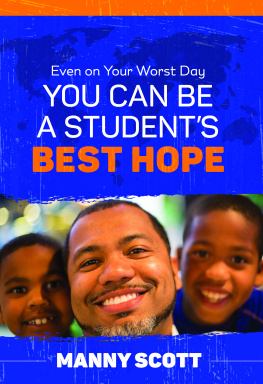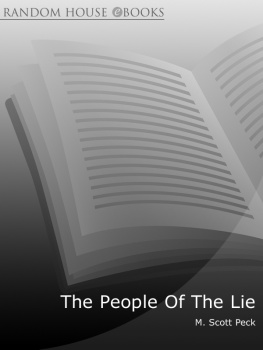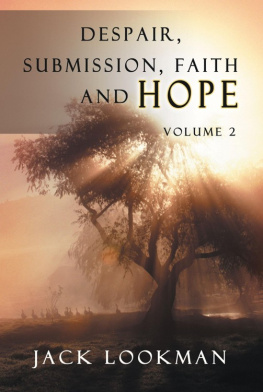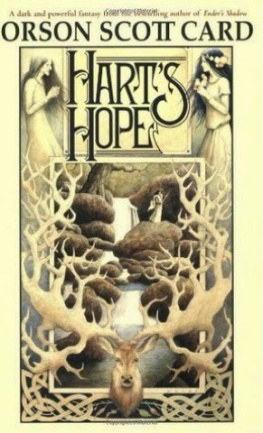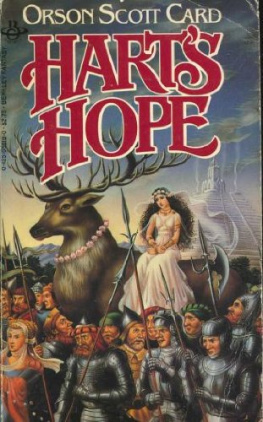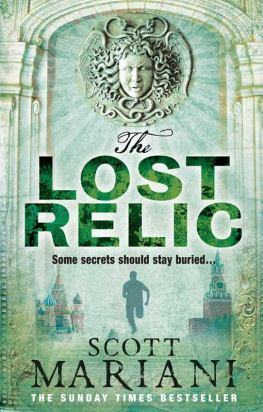[Sanderss] stories offer hope because they are our stories too. He consistently speaks not only with honesty and warmth, but also with the voice of a poet.
Susan Hanson, San Marcos Daily Record
For Sanders, hope resides in a small grab bag of human experiences, attitudes and relationshipsin wildness, the senses, family, fidelity, skill, simplicity and beauty.
Patrick T. Reardon, Chicago Tribune
Sanderss new book becomes our own essential story, one of the head and heart combined, our senses and intuition giving us firm ground. In these personal yet universal writings Sanders answers our private doubts by confirming our collective human spirit.
Larry Smith, Parabola
Wise and luminous, Although these beautifully written pieces are reminiscent of Wendell Berrys essays in their economy, grace and moral passion, Sanders projects his own distinctive voice, at once recognizably Midwestern and universal.
Publishers Weekly
[An] inspirational work about coming to grips with what it means to be a human being. Hunting for Hope is an attempt to shed some light on a world that can be perceived to be very dark indeed, particularly from the generation coming of age and those waiting in the wings.
Jim Filkins, ForeWord magazine
These elegant, carefully polished essays slide one into the other as smoothly as the joints of a craftsmans chair. It is a thoughtful, encouraging book for anyone who has ever found themselves wondering, Why bother?
Maria Dolan, Amazon.com
Also by Scott Russell Sanders
NONFICTION
Writing from the Center
Staying Put
Secrets of the Universe
The Paradise of Bombs
In Limestone Country
Audubon Reader (as editor)
D. H. Lawrence
FICTION
The Invisible Company
The Engineer of Beasts
Bad Man Ballad
Terrarium
Wonders Hidden
Fetching the Dead
Wilderness Plots
FOR CHILDREN
Meeting Trees
A Place Called Freedom
The Floating House
Here Comes the Mystery Man
Warm as Wool
Aurora Means Dawn
Hear the Wind Blow
FOR EVA AND JESSE
If they will listen, sing them a song.
If not, keep silent.
Dont try to break down their door.
Confucius
The beauty of the world gives us an intimation of its claim to a place in our heart.
Simone Weil
I have undertaken, not to see differently from others, but to look further than others, and whilst they are busied for the morrow only, I have turned my thoughts to the whole future.
Alexis de Tocqueville
Contents
WHERE THE
SEARCH BEGINS
S UPPOSE YOUR DAUGHTER is engaged to be married and she asks whether you think she ought to have children, given the sorry state of the world. Suppose your son is starting college and he asks what you think he should study, or why he should study at all, when the future looks so bleak. Or suppose you are a teacher and one student after another comes to ask you how to deal with despair. What would you tell them?
My children and my students have put those questions to mehaltingly, earnestlyand I feel that I owe them an answer. They are not asking for assurances of pie in the sky, for magic pills or guardian angels, for stories ending happily ever after, but for real and present reasons to face the future with confidence.
Let me make it clear that these young people are not depressed, although each of them could name friends who are, for an epidemic of depression is sweeping through their generation. I have met that illness and many who suffer from it; I know its contours and dark recesses. I am speaking here of something else. My son and daughter and, so far as I can tell, the students who pose these questions are bright, healthy, stable, and competent. They have every reason for confidence in themselves; it is the earth they brood about, the outlook for life.
They worry about more than their own private futures, their prospects for jobs and marriage and happiness; they worry about the future of our whole motley species, our fellow creatures, and the planet. I will not belabor the causes for their concern, will not try to demonstrate the menace posed by nuclear weapons, population growth, pollution, extinction, or global warming. I will not cite the dismal numbers about divorce and poverty, about crime and random cruelty. I will not rehearse the dangers of technology run askew from human purpose, the vacuity of mass media devoted to sales pitches and cheap thrills, the sterility of a life given over to the pursuit of money and toys.
Others have offered those warnings, fervently and cogently, in books and magazines and films, and anyone who is paying attention has already heard the bad news. One of the penalties of an ecological education, Aldo Leopold remarks, is that one lives alone in a world of wounds. The young people who put their disturbing questions to me have had an ecological education, and a political one as well. They know we are in trouble. Everywhere they look they see ruined landscapes and ravaged communities and broken people. So they are asking me if I believe we have the resources for healing the wounds, for mending the breaks. They are asking me if I live in hope.
The question has forced me to search the depths of my own fears and beliefs. Coming up with an answer that I can stand by and pass on to those I love is the hardest job I have ever attempted. I can offer no grand theory, no philosophy or theology, no checklist often quick ways to save the earth. I deal instead in memories, images, hunches, and tales, all drawn from the muddle of ordinary life.
When the Shawnee and Chippewa and other early people of my region went on hunts or vision quests or long journeys, each traveler would carry in a small rawhide pouch various tokens of spiritual powera feather, a bit of fur, a claw, a carved root, a pinch of tobacco, a pebble, a shell. These were not simply magical charms; they were reminders of the energies that sustain all life. By gathering these talismans into a medicine pouch, the hunter, traveler, or visionary seeker was recollecting the sources of healing and bounty and beauty. I have gathered here my own medicine bundle, tokens made of words instead of bark or bone, to honor the powers in nature, in culture, in community, in my depths and in yours, that nourish and heal.
Not easily, not without battling despair, I do live in hope. This book is my effort to say as clearly as I can where that hope is grounded, I have struggled for several years over the writing. During all that labor, the book seemed to be nearby yet inaccessible, like a bundle I could not untie, like a locked house whose floor plan and furnishings I knew but for which I had no key. Then one morning I came bright awake at 3:00 A.M. , hearing the sentence Let me tell you a story. Immediately I felt certain that here was the key to open my locked book. First I heard the words inwardly, then I whispered them into the darkness. Only my wifes steady breathing from the next pillow kept me from shouting: Let me tell you a story!
Even in the sober light of dawn, which usually bleaches the glamour from my dreamtime revelations, and even when I wrote down the sentence and stared at it hard, I still felt as though I had found the key. So I begin with a story, as a way of setting out in search of hope.

